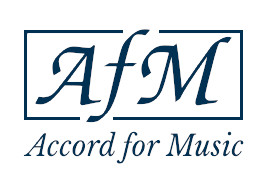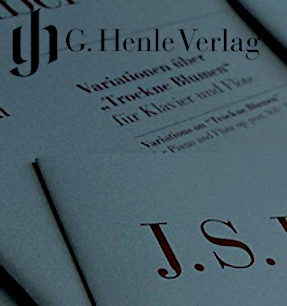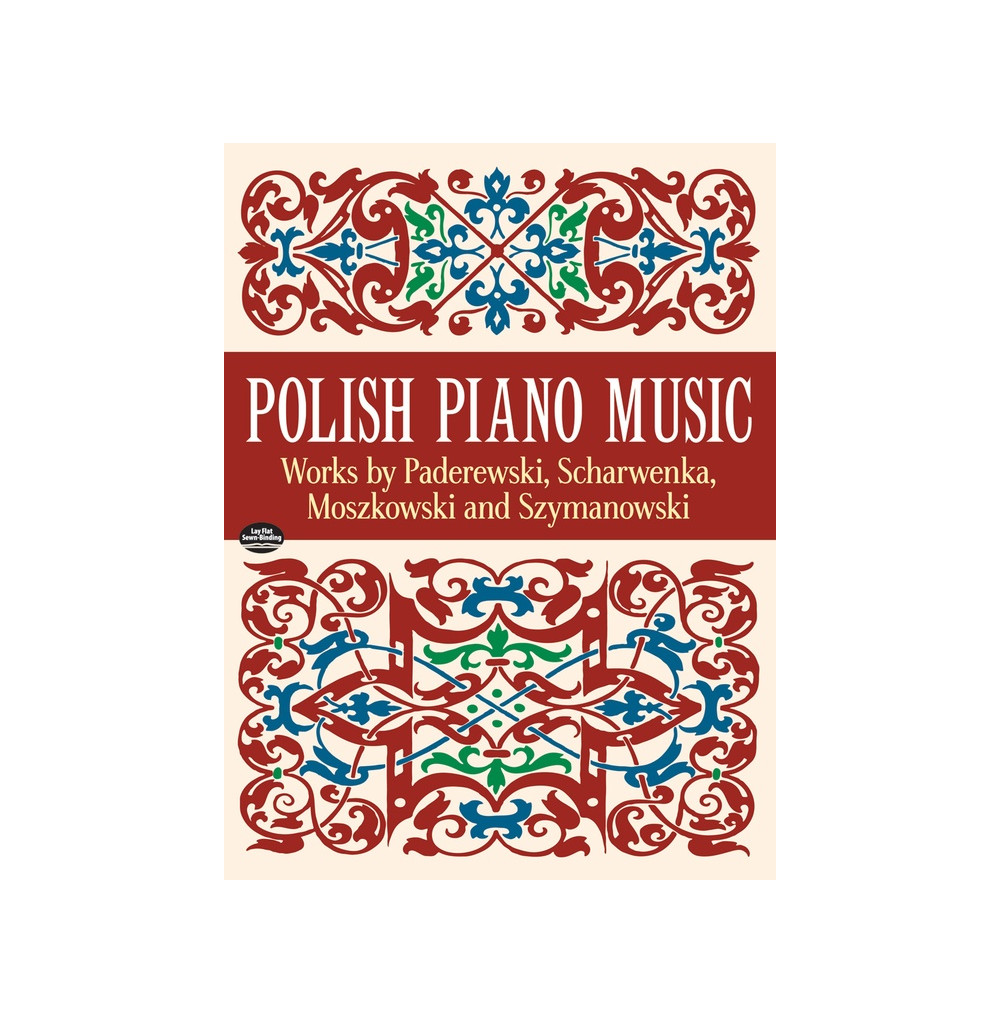Avvertenza sull'uso delle immagini
Le immagini utilizzate per illustrare i titoli qui in vendita tendono a riprodurre il più fedelmente possibile il loro aspetto reale. Tuttavia, a causa della diversa resa colorimetrica e risoluzione grafica delle immagini utilizzate, potrebbero esserci delle differenze rispetto ai prodotti fisici a cui si riferiscono. Inoltre può talvolta accadere che, a causa di ricopertinature o ristampe, le pubblicazioni spedite differiscano in alcuni aspetti grafici dalle immagini pubblicate. Per questo motivo è utile fare sempre riferimento alla descrizione dettagliata di ogni articolo prima di acquistarlo.


































